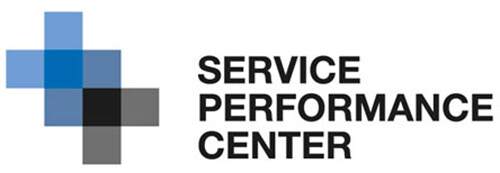19. August 2020
Your way to a smart product
Smart products offer significant advantages to their suppliers as well as their customers. They enable the provider to get to know his customers better and to convince and bind them in the long term with smart services and value-added services.
Smart products consist of a physical and a digital product and are the perfect option for the provider to differentiate itself from its competitors through individual, product-related services.
The basis for the development and realization of such value-added services is the connection of the products and their connection to a common platform. An area in which the FIR at the RWTH Aachen, as well as the Center Smart Services has already gained many years of experience in cooperation with numerous small and medium-sized companies, such as the Prym Group.
But how do you successfully design and implement smart products? To date there are only a few best practice solutions for smart products in mechanical engineering that companies can use as a guide, such as the networked compressors from Kaeser with their pay-per-use model or the Vorwerk Thermomix.
The target:
The aim of the new consortium benchmark is to identify exciting approaches to implementing smart products and to take a look behind the scenes of learning from usage data. The focus is on the cross-company exchange of smart products through the consortium benchmark.
- What new opportunities does a smart product open up for the realization of customer-centric business models?
- Which value-added services, such as data-based weak-point analysis in product use, can be offered to the customer based on my smart product?
- How must the IT architecture of the product and platform be designed in order to realize value-added servicea?
As usual in our benchmarkings, the detailed thematic focus of the benchmarking is determined with the consortium. This ensures that all questions relevant to the consortium are taken up and processed by the FIR at RWTH Aachen University and the Smart Services Center.
The procedure:
In the context of a questionnaire study, the FIR at the RWTH Aachen and the Center Smart Services identify companies with interesting approaches to the implementation of smart products. From a group of 25 to 30 companies, the consortium partners then select five particularly successful companies. These are then visited together. This procedure gives all partners the opportunity for an intensive exchange.
Your advantages as a consortium partner:
- A say in the content of the benchmarking.
- Free access to the benchmarking results.
- A direct exchange with other companies working on the same issues as you.
- Interesting approaches to the implementation of smart products.


